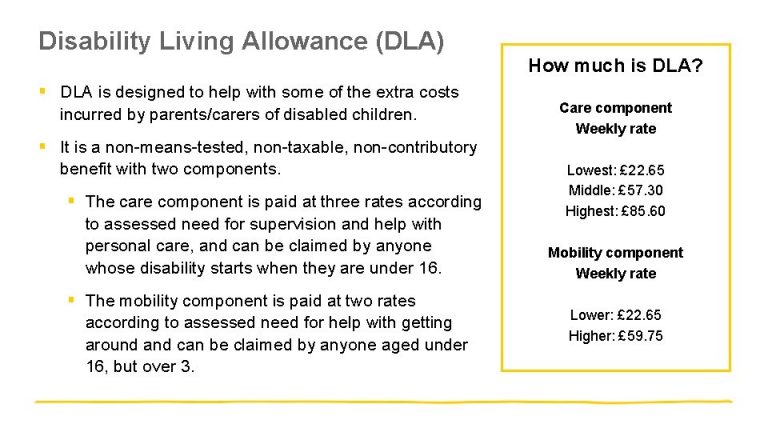Home Care For Aged People With Disabilities
The Disability Care Act empowers persons with disabilities that reside in their own house to retain their freedom. It is designed to give disabled people more control over their lives and allow them to live a normal lifestyle. It also aims increase the standard and enjoyment of living for disabled individuals to allow them to do more.

Home Care For Aged People With Disabilities
The Disability Care Act was established to assist persons with disabilities in their daily living activities. A person living with a disability may require additional assistance, such as special equipment or assistance with daily tasks like dressing and bathing. These people may require special services like mobility aids, personal care work, and equipment like crutches or wheelchairs. These people have equal access to work and pleasure.
Home Care For Aged People With Disabilities
- The Disability Care Act also helps people recover from long-term illness or injuries that have resulted in their partial or complete disability. Persons with disabilities who require long-term care are given special attention. This includes long-term care homes where the residents need assistance to live-in care. Some states allow incompetent and mentally retarded people to be admitted into live in care facilities. Others prefer to keep such people at hospitals or convalescent centres.
Home Care For Aged People With Disabilities
The Disability Care Act covers people who aren’t residents of a particular facility, but have similar needs. This is the live-in caregiver concept. This category includes those with mental illness who live with their family and are cared by family members.
The Disability Discrimination Act can also be beneficial to disabled children. The Human Rights Act protects the rights of disabled children to receive an education and personal development. In addition, the rights of these children to be treated with dignity and respect are guaranteed by the Convention on the Rights of the Child. The Convention on the Rights of the Child guarantees the rights of children and their parents. Several disability experts are specialized in ensuring that children benefit from the rights provided in the Convention on the Rights of the Child and the Disability Discrimination Act.
In proceedings involving persons accused of discrimination due to disability, experts can be called as witnesses under the Convention on the Rights of the Child. Expert witnesses can also be called in cases involving children who suffer from long-term disabilities or psychological traumas. These persons, under the Convention on the Rights of the Child, may be assigned a special representative who is empowered to represent them before the relevant authorities and make submissions on their behalf.
Any person who feels that they have been discriminated against due to disability can file a claim under the Disability Discrimination Act. Under the Act, every person who faces discrimination on the basis of disability has the right to claim compensation as well as to participate in various programs that aim to improve conditions. A disability delegate is assigned by the National Agency for Social Development to work in coordination with persons who have claims under the Act.
The Disability Discrimination Act provisions are implemented by the National Health Service (NHS). This service is able to determine the scope of activities that includes eligibility for social insurance and assistance with daily life. The service’s competence is limited to the 12 counties that make up the UK Independence Kingdom. A qualified specialist in disability care must work under the guidance of a doctor to ensure that the right services are offered. The NHS is required to ensure that people with disabilities are given equal opportunities.

